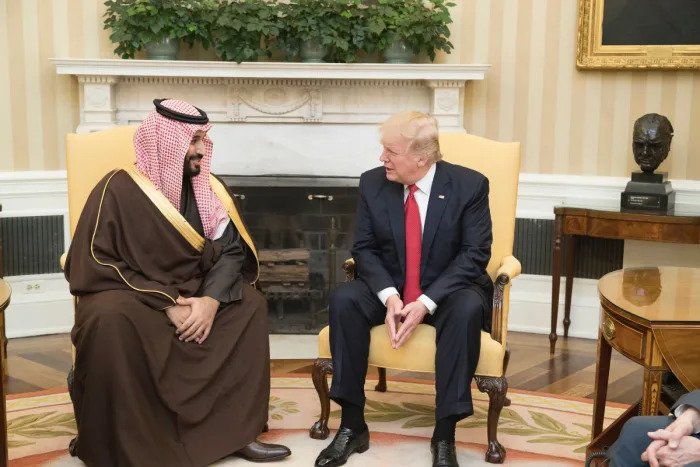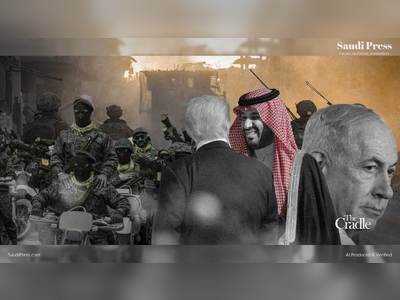
No Public Evidence Confirms US Is Mirroring Saudi-Style Authoritarianism Amid New Riyadh Ties
Recent reporting confirms deepening U.S.–Saudi cooperation, including defence agreements and economic ties. Washington has formally recognised Riyadh as a major strategic partner, while Saudi Arabia continues modernising its commercial and legal frameworks to attract foreign investment. However, a comprehensive review of credible public sources finds no substantiated evidence that the United States is restructuring its domestic governance to emulate Saudi authoritarian practices.
Analyses of official records, human-rights reports and legislative developments show no indication that censorship, political repression or state-flawed legal systems characteristic of Riyadh’s human-rights record have been institutionalised in U.S. policy. Notably, while human-rights organisations continue to document serious abuses within Saudi Arabia — including a rise in executions in 2025 — none of these forms of repression appear reflected in American domestic law or practice. The claims made in recent op-eds or commentary arguing otherwise remain speculative and are not supported by independent verification.
Thus, while the strategic alliance between Washington and Riyadh is real and progressing, the suggestion that this translates into a transformation of U.S. governance style lacks credible foundation. Until new, verifiable evidence emerges, these assertions should be regarded as opinion rather than fact.








